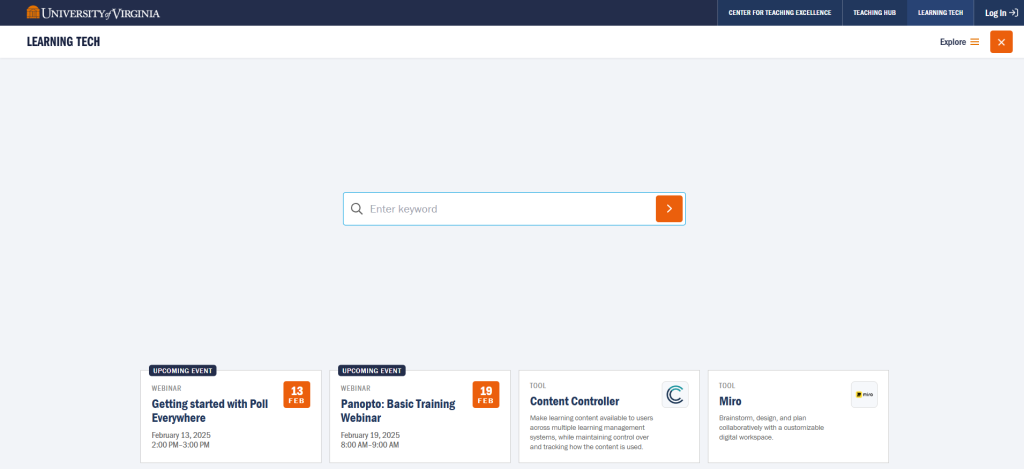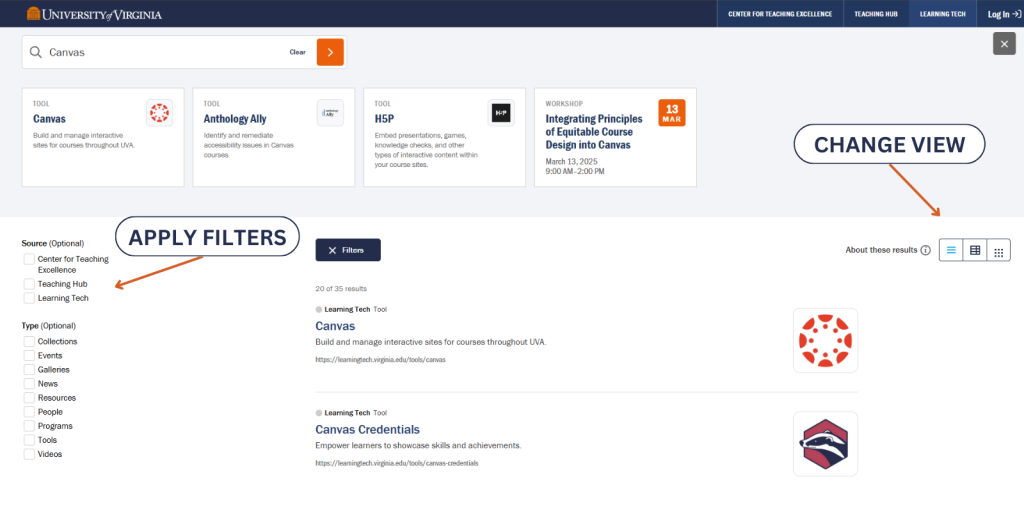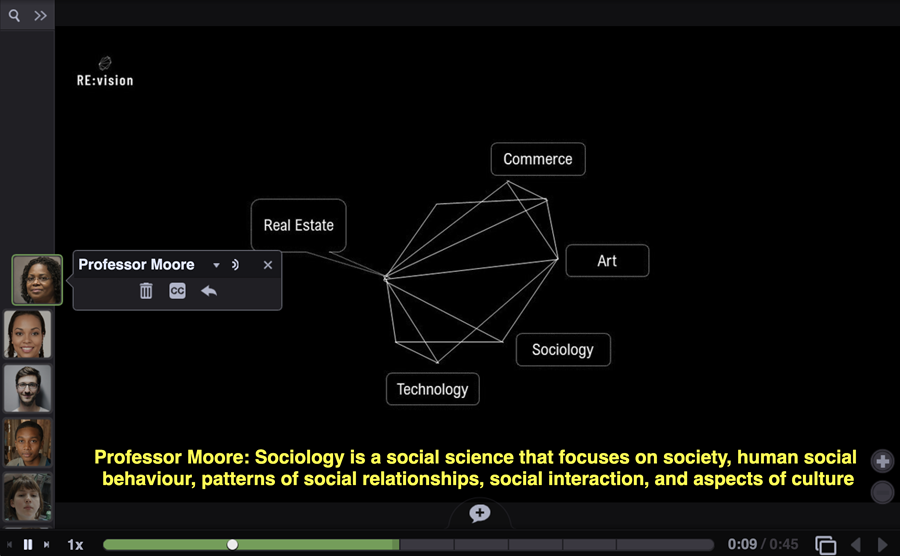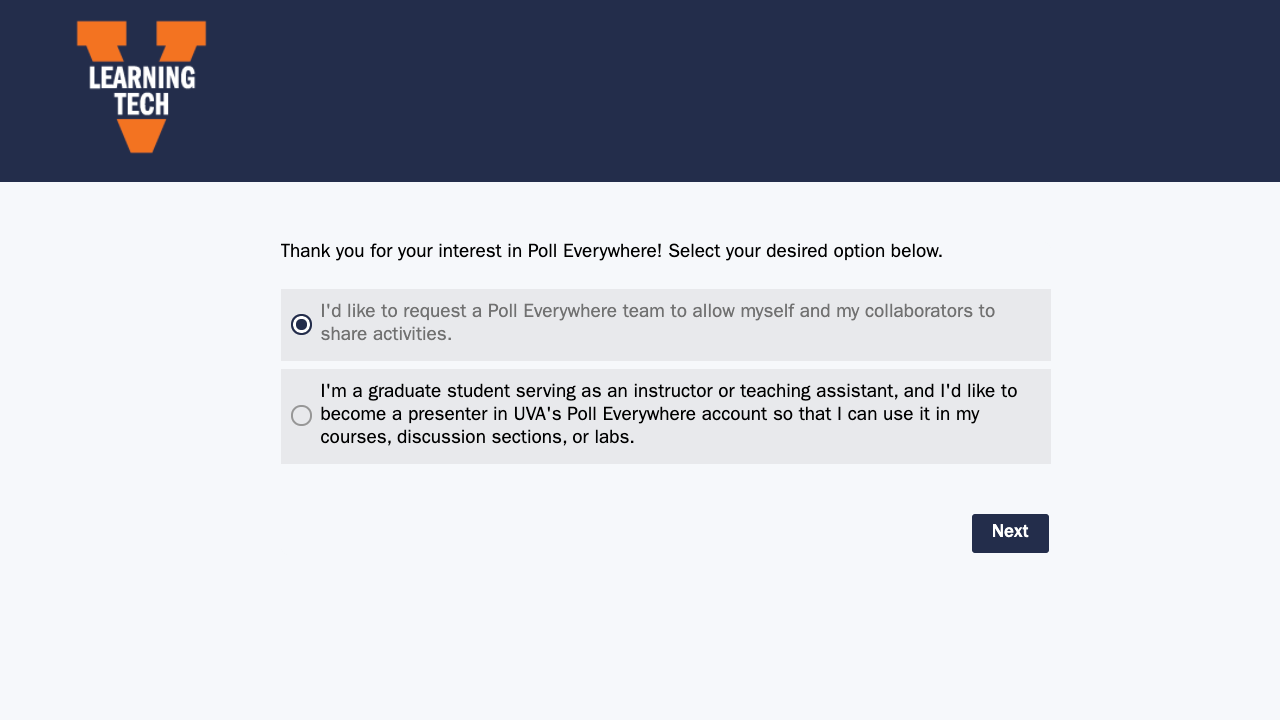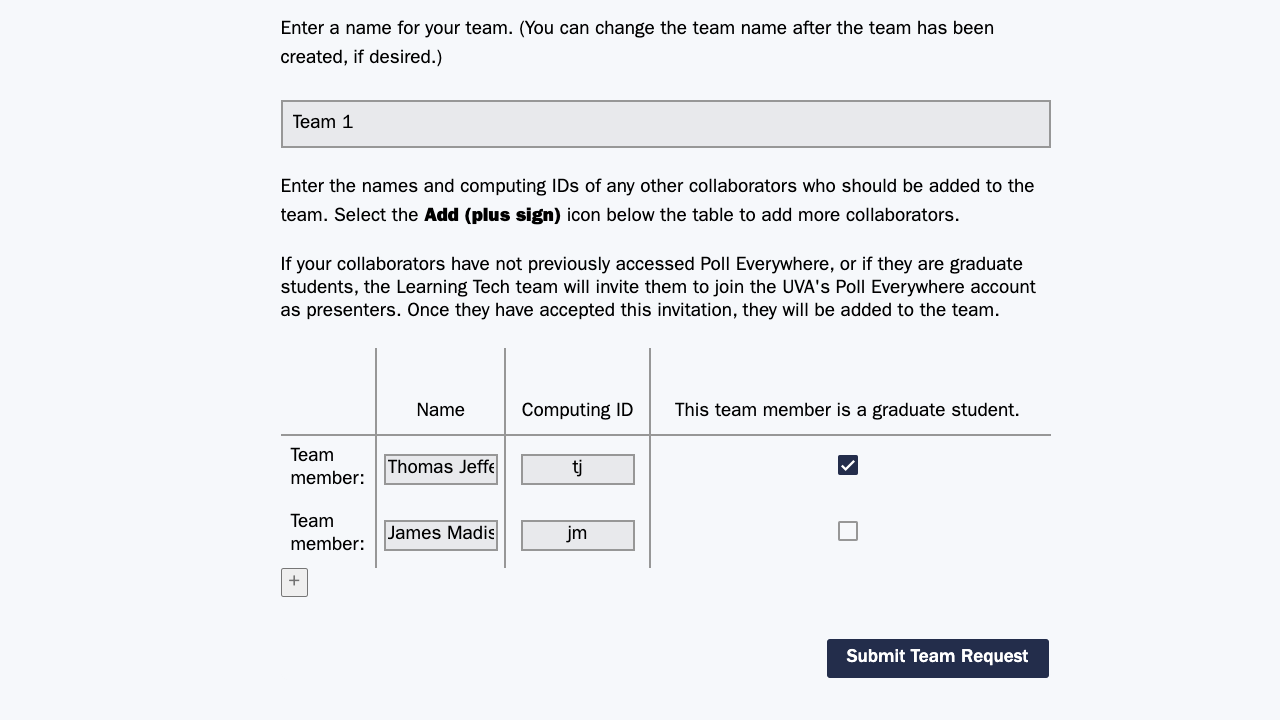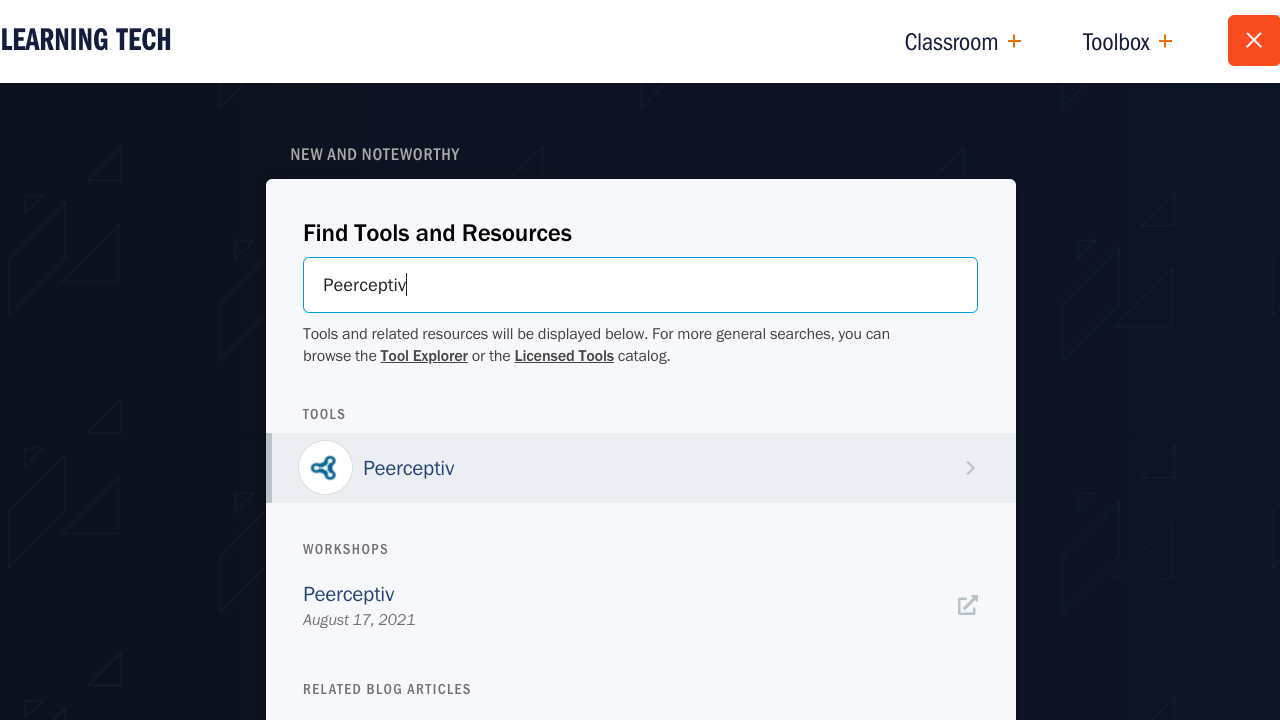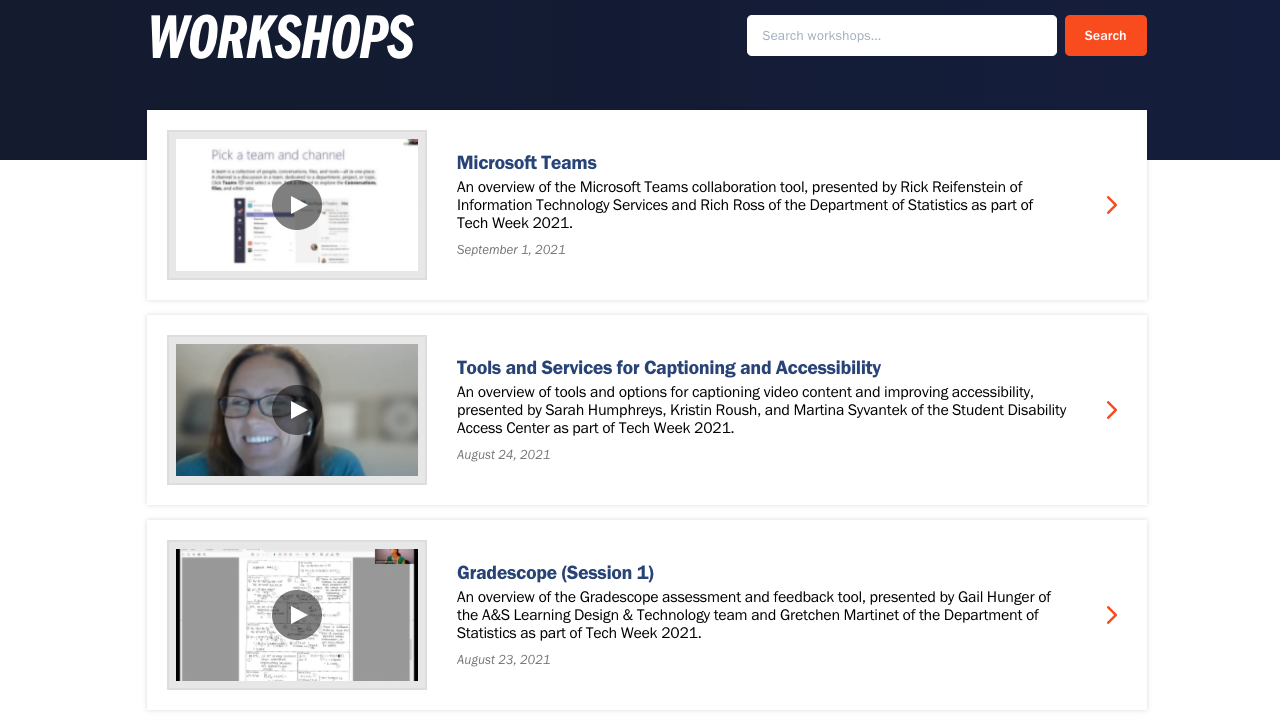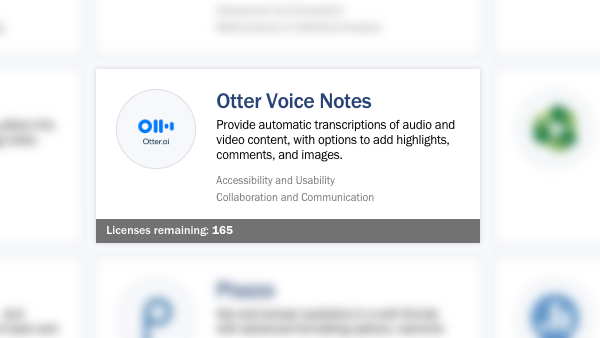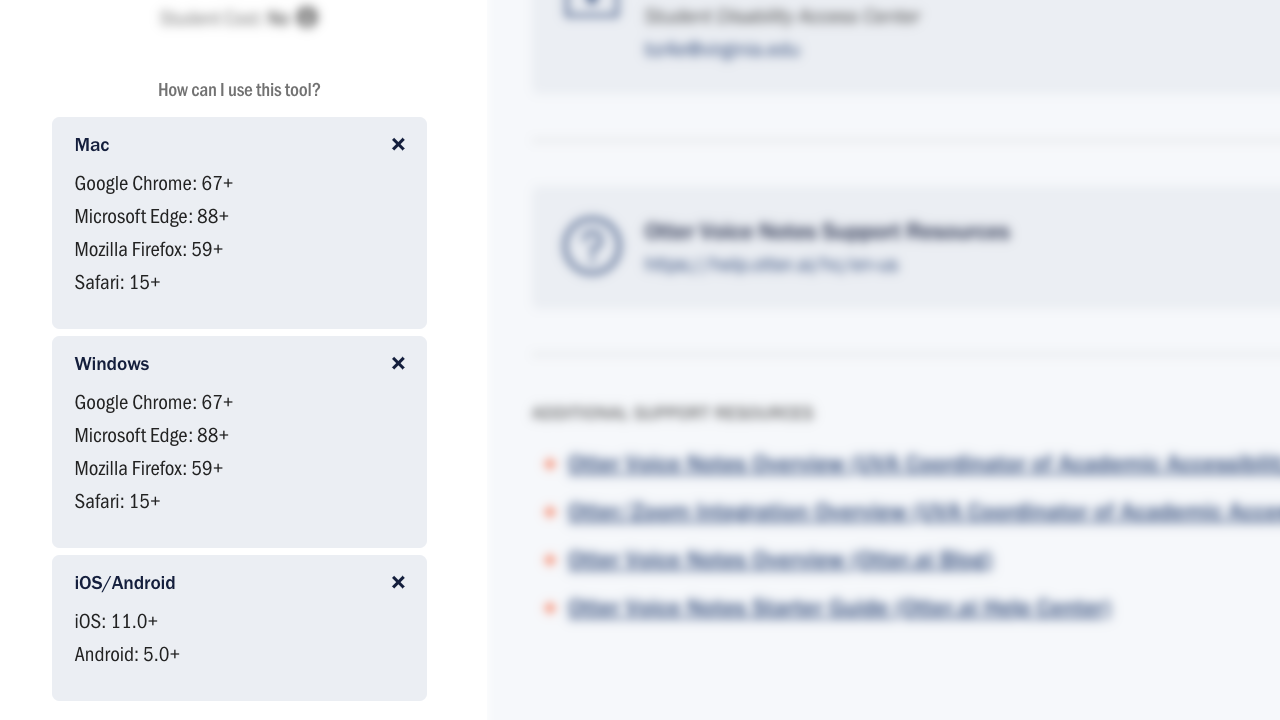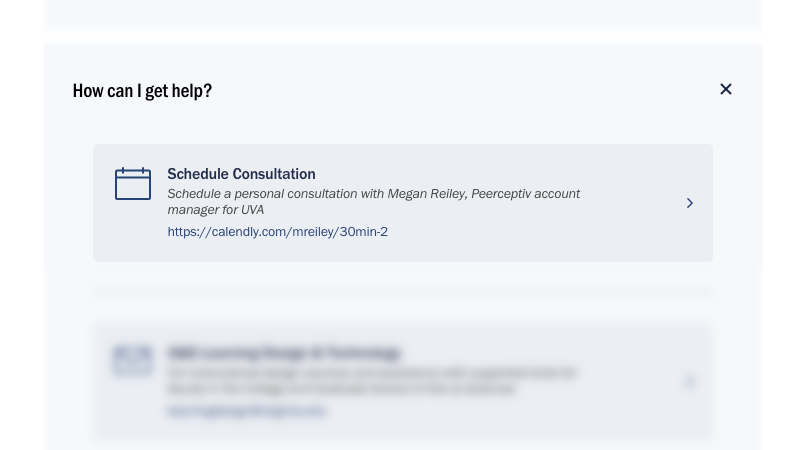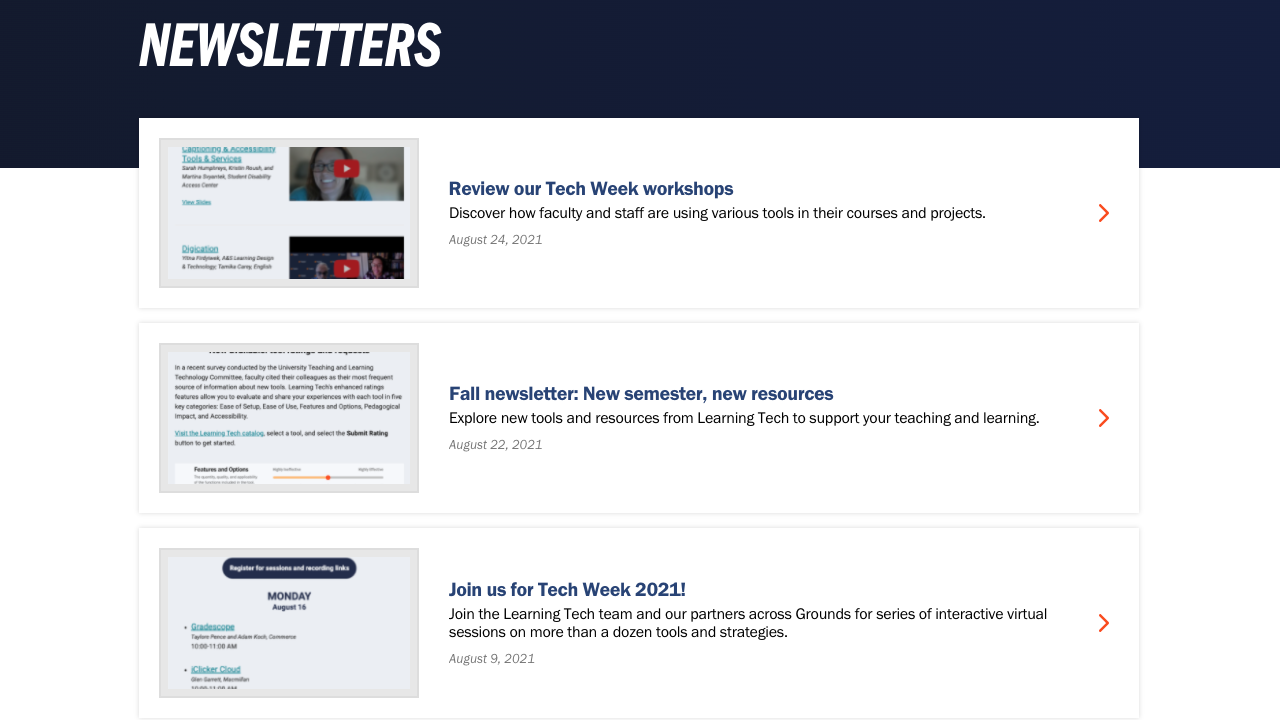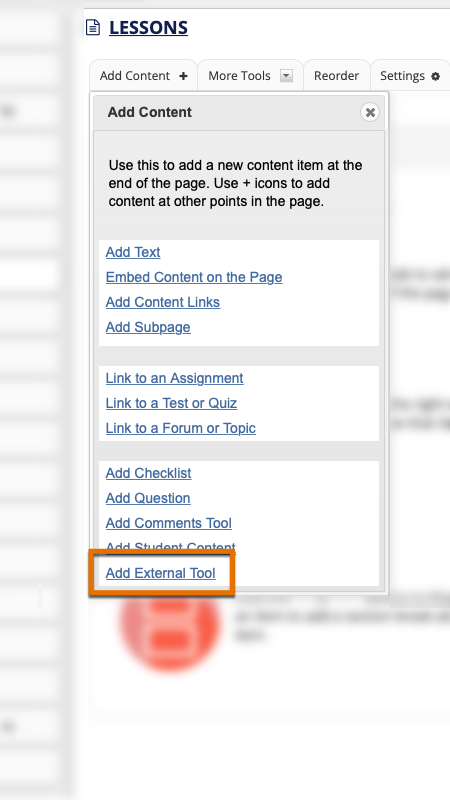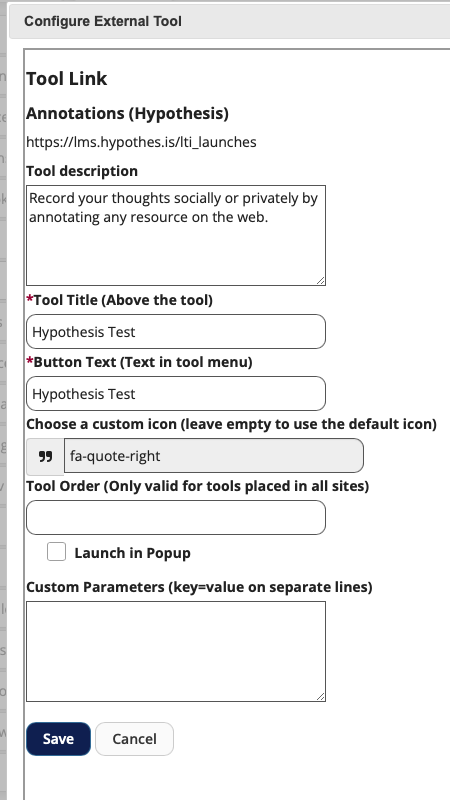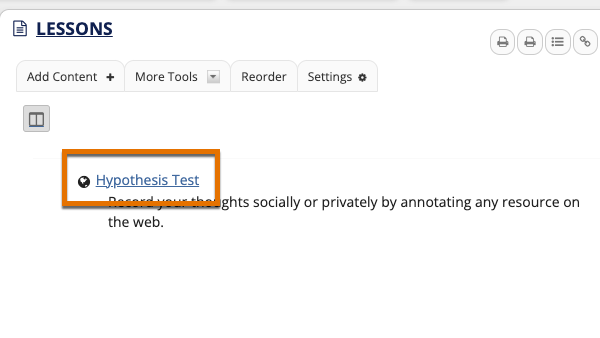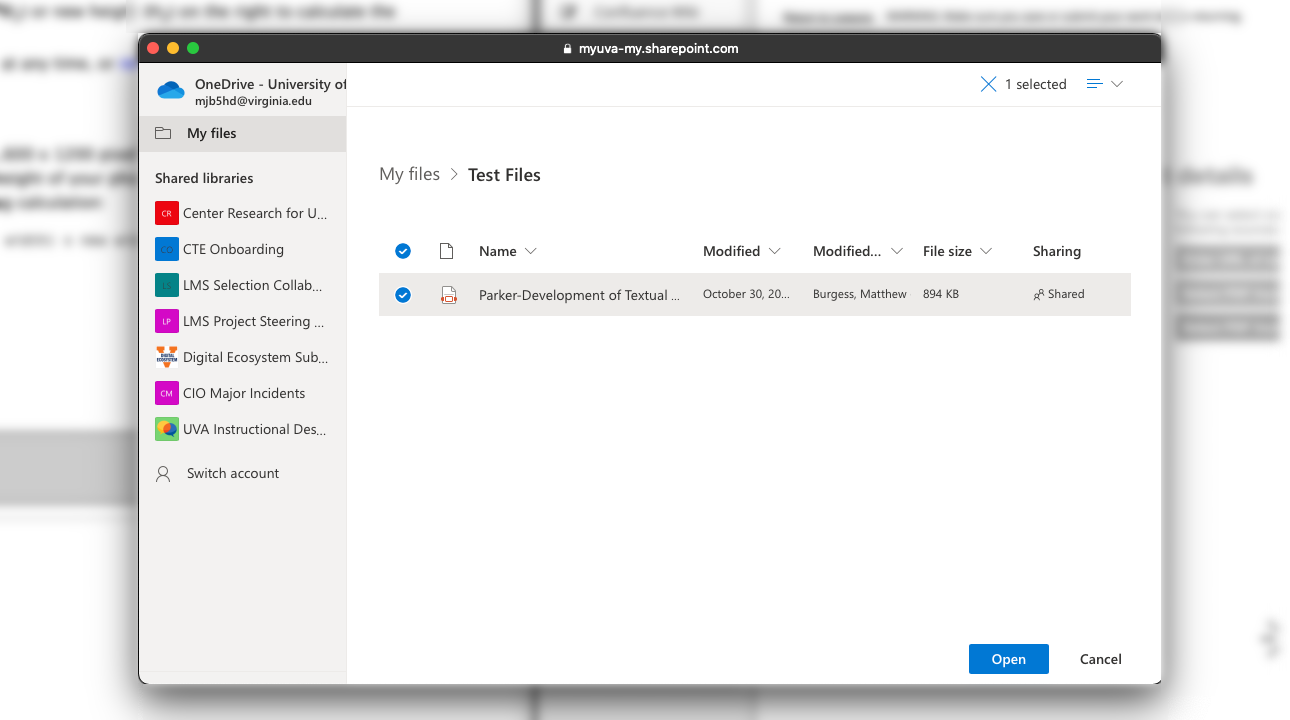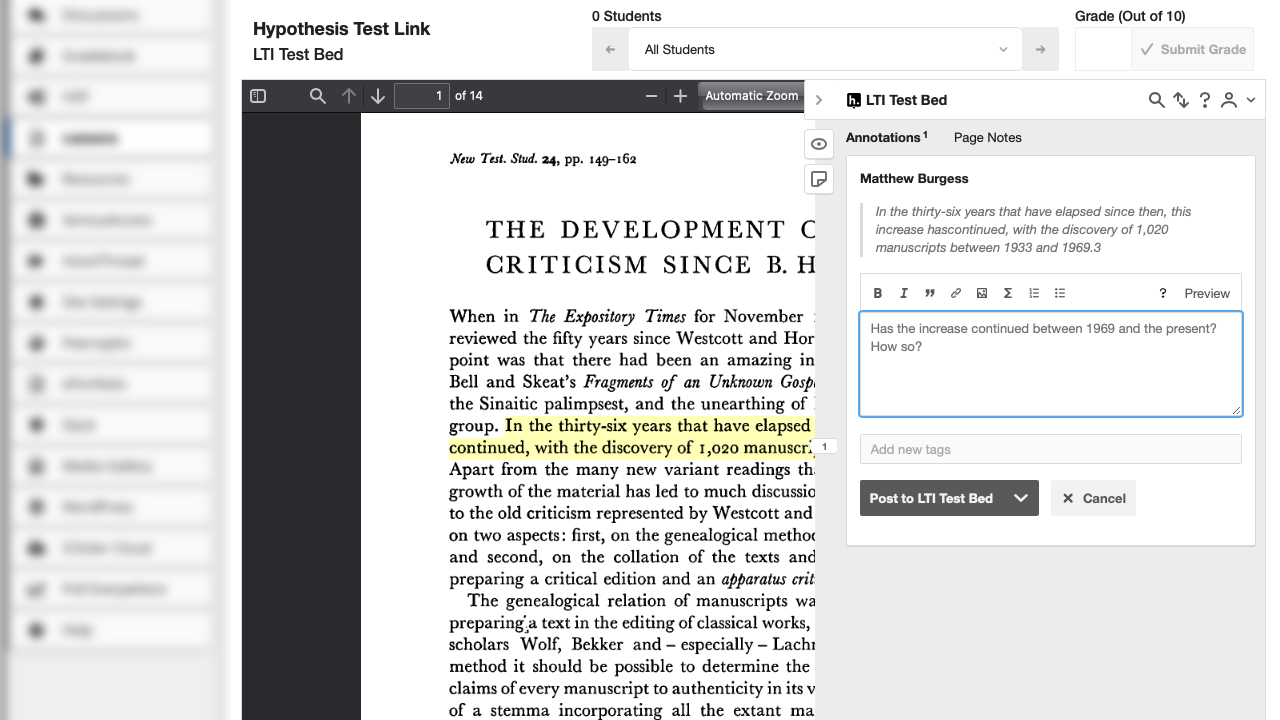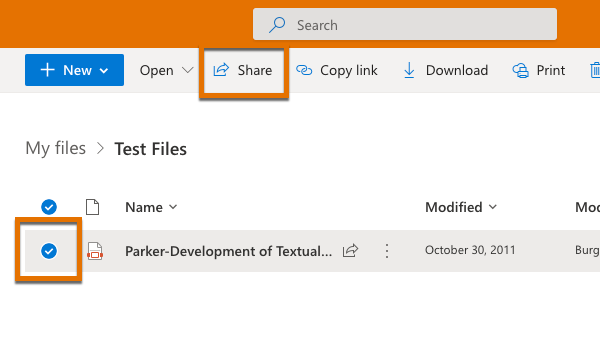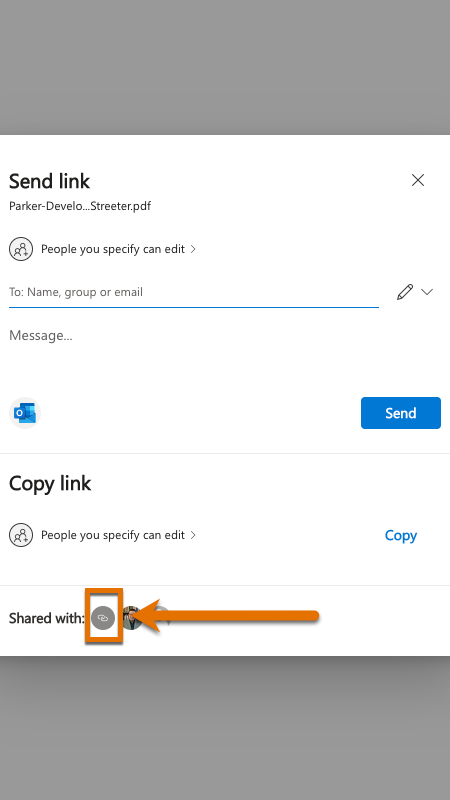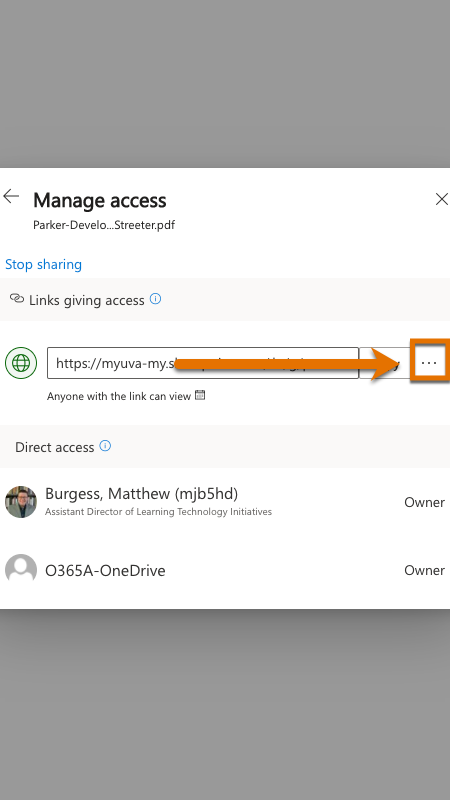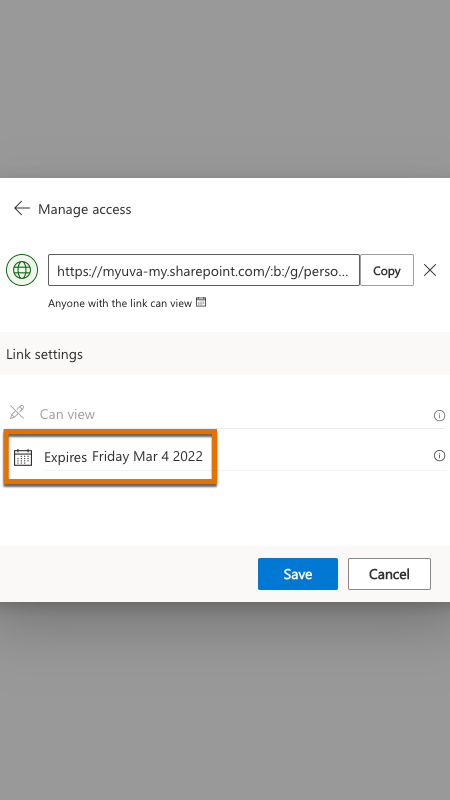
This spring, the Learning Tech blog will feature a series of “Tool Spotlights” highlighting a variety of instructional tools. Each post will follow a consistent format built around three guiding questions and will conclude with a link to a quickstart guide to help readers get started. Throughout the series, we will explore the broader teaching and learning context — for example, examining how social annotation can support student engagement and interaction — and introduce the featured technology as one way to support that approach.
What problem does this tool help solve?
Social annotation helps address common challenges with student engagement and reading comprehension by making reading an active, visible, and interactive process rather than a solitary task. Hypothesis supports social annotation by allowing students and instructors to collaboratively highlight, comment on, and discuss readings directly in the text.
What are the key considerations or limitations?
Key considerations include ensuring readings are accessible and compatible with Hypothesis (e.g., well-structured PDFs or web-based texts). Instructors may also need to provide students guidance on effective annotation practices to avoid superficial engagement. Here are some best practices for using social annotation in the classroom:
- Begin with a low stakes or practice assignment like annotating your syllabus
- Model what “good” annotation looks like for your students
- Model what a “good” response looks like for your students
- Create clear expectations around social annotations and how students engage with each other, specifically when students disagree
- Use focused annotation prompts, for example:
- Identify a key claim in this section and explain how the author supports it.
- Highlight a piece of evidence and evaluate its strength. Is it convincing? Why or why not?
- Identify a counterargument that the author addresses (or fails to address).
- Build on someone else’s example with an additional example from the text.
- Assess annotation activities for quality not quantity
Additionally, while Hypothesis is well suited for discussion-based and close-reading activities, it may be less effective for courses that do not rely heavily on textual analysis or shared readings.
How does it integrate with Canvas and existing workflows?
Hypothesis integrates directly with Canvas using the Learning Tools Interoperability (LTI), allowing instructors to create annotation assignments within a Canvas course. Students access readings and annotations seamlessly through Canvas, with no separate accounts required, and grades can be passed back to the Canvas Gradebook, aligning well with existing instructional workflows.
This integration is important because it keeps learning activities embedded within the core course environment, reducing cognitive load for students and minimizing barriers to participation. By situating social annotation alongside other course materials, instructors can more intentionally align readings, discussion, feedback, and assessment.
Want to get started using Hypothesis?
Check out this Quickstart guide to get started!

